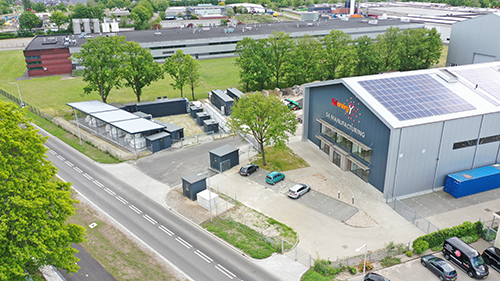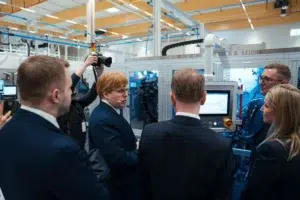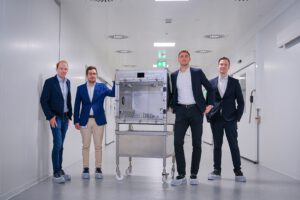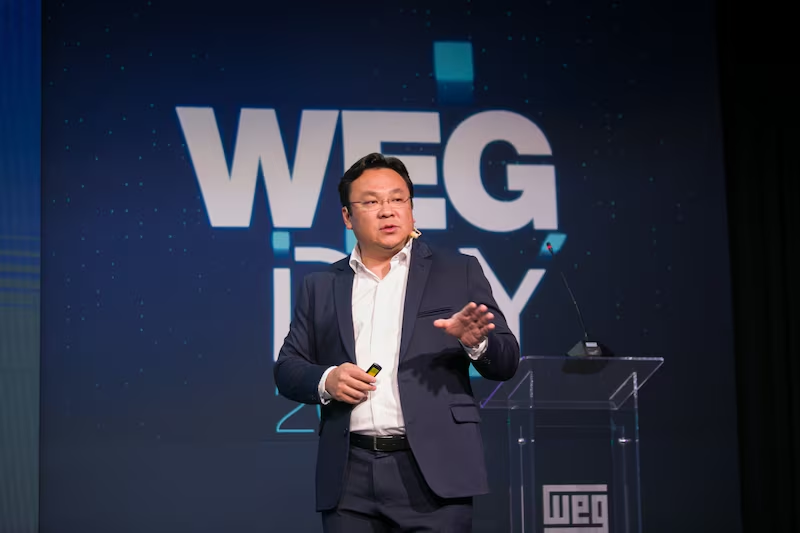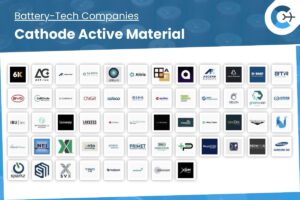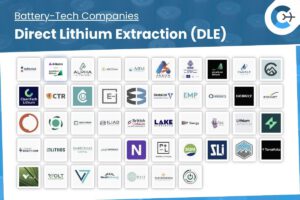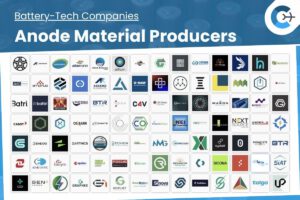Leclanché SA and the European Climate, Infrastructure and Environment Executive Agency (CINEA) have formalized a €74.2 million grant agreement to support the industrial rollout of sustainable battery cell manufacturing across Europe. The award builds on Leclanché’s pre-selection in July 2025 as one of six pioneering electric-vehicle battery projects under the EU Innovation Fund.
Under the agreement, Leclanché will expand its existing Willstätt facility in Germany to a 2 GWh annual production capacity. The site will deploy the company’s proprietary water-based, PFAS-free lithium-ion cell technology, designed to reduce reliance on hazardous substances and align with the European Green Deal and new EU Battery Regulations.
“The signature of the grant agreement marks a major step forward in supporting Leclanché’s growth plan. The grant award validates the strength and maturity of our low-carbon cell manufacturing technologies and reinforces our position as a key industrial player in Germany. We are proud to contribute to Europe’s long-term cell battery manufacturing capabilities with a sustainable and competitive production model.” said Pierre Blanc, Chief Executive Officer, Leclanché SA.
To secure the grant, Leclanché must demonstrate complementary funding of €141.3 million by the financial close, targeted for the end of June 2026. The company is actively engaging with global strategic and financial partners to finalize an optimal capital structure. In parallel, Leclanché is arranging interim bridge financing to maintain operations and support its growth roadmap until permanent funding is in place.
Leclanché’s management highlighted the importance of stakeholder support, noting that sustained R&D investment has yielded a unique portfolio of intellectual property in sustainable cell chemistry, system integration, and production processes. Recent governance and strategic enhancements have improved transparency, reinforced management structures, and expanded the company’s flexibility to pursue new partnerships with European and international industry and finance players.
Next steps include finalizing detailed project planning, securing relevant permits, and concluding key supplier contracts. The implementation roadmap will prioritize industrial competitiveness, supply security, and a lower carbon footprint, with renewable energy integration at the core of the expanded manufacturing site.
Source: Leclanché press release

